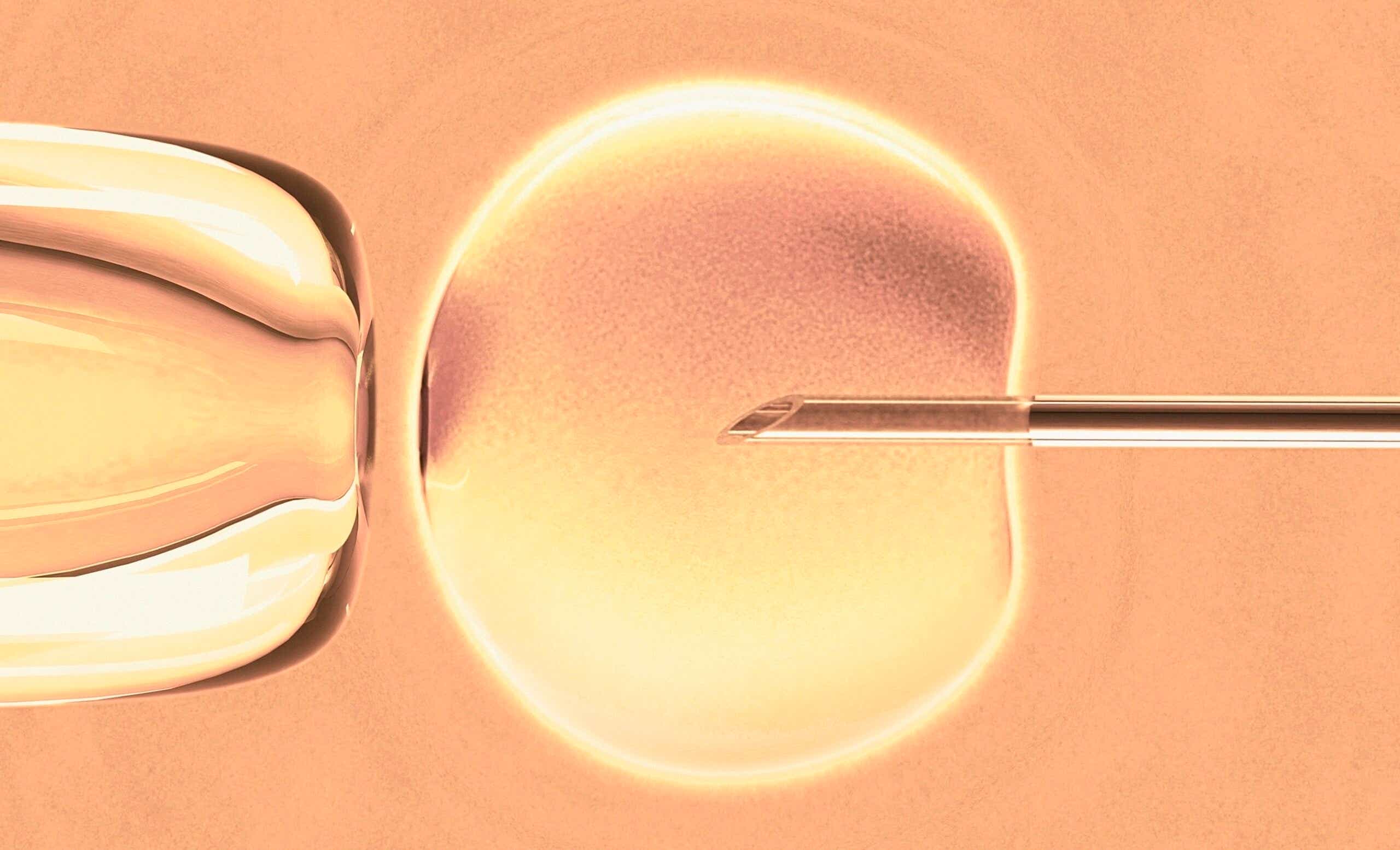In the shock following the leak of Justice Samuel Alito’s draft opinion a few weeks ago, most people’s minds were focused on the immediate upshot: the awful outcome for the thousands of women every year who wish to end a pregnancy. But overturning Roe v Wade would likely have serious repercussions across the reproductive health spectrum — including for the thousands of couples every year who undergo IVF in hopes of having a baby.
An immediate threat
Hours after Justice Alito’s leaked opinion was made public, the American Society for Reproductive Medicine issued a statement on the potential implications of the decision, stressing the “clear and present danger that measures designed to restrict abortion could end up also curtailing access to the family building treatments upon which our infertility patients rely to build their families.”
What this means, the statement continued, is: “Not only does this draft decision threaten the health of pregnant people, it may also lead to fewer healthy babies being born to loving parents.” This is because many of the prohibitive laws associated with abortion would also apply to key processes involved in IVF treatment.
‘Personhood’ laws
The decision threatens IVF so acutely because a number of the states that already have anti-abortion trigger laws in place define life’s beginning as the moment that an egg is fertilized — before it’s even implanted in the uterus. This is a legal manifestation of the “personhood” movement that allocates fetuses, embryos, fertilized eggs and zygotes the same protection under the law as any living human — including, crucially, pregnant people.
The process of IVF starts in a lab, where following weeks of preparations, a sperm fertilizes an egg. The aim is then for the embryo to grow to the blastocyst stage — after which it will be able to hatch and implant in the uterine lining. This process can take between five days and a week.
As CNN points out, doctors aim to use a couple’s genetic material to create multiple embryos, to ensure the best chance of a successful pregnancy. Around half of the embryos produced are usually deemed genetically abnormal and discarded. Superfluous, potentially viable embryos are often frozen, in case they’re needed in later rounds of treatment. In states where those embryos are given equal status with people under law, both of these processes would become illegal, effectively prohibiting IVF entirely.
A devastating loss
Outlawing IVF would have a calamitous effect on many thousands of people. According to data published by the CDC, about two children in every hundred born in the United States are conceived via this extremely time-consuming, expensive, and emotionally taxing process. Any child born as a result is, by definition, longed-for.
“It really does have these practical effects where, because of the lack of protection of Roe v. Wade and Planned Parenthood v. Casey, you actually might not be able to have this wanted child that you’ve been paying all this money and going through this physical process in order to have,” Seema Mohapatra, a law professor specializing in health law and reproductive justice at Southern Methodist University in Texas told CNN.
“Any state that has been on the forefront of anti-abortion legislation, we can expect to have these ancillary types of laws passed,” she told Wired.
Trapped in limbo
As Wired notes, these changes in the law could also mean that people who are already storing frozen embryos may be forced to continue to do so forever rather than destroy them — which could cost a thousand dollars a year.
“If you have embryos that are frozen in a state that either has a trigger law or that you know is very conservative, and you have the resources to move them elsewhere, I would move them,” Kimberly Mutcherson, a professor at Rutgers Law School, told the magazine.
Effects on contraception
As though wrenching away control from pregnant people and couples wishing to conceive weren’t enough, the loss of protections offered by Roe v Wade could also threaten some forms of contraception.
The same “personhood” laws that would affect IVF could have the same impact on Plan B, as well as other types of emergency contraception taken within 72 hours of intercourse.
“Anything that would prevent a fertilized egg from turning into a pregnancy and being born into a baby could be considered a homicide,” Cathren Cohen, a scholar of law and policy at the UCLA Law Center told NBC.
Justice Samuel Alito’s draft opinion refers to an “unborn human” — vague language that could carry significant weight, depending on how states choose to define it. In some states, it could make birth control that prevents a fertilized egg from implanting into the uterine lining illegal. This could include copper IUDs, which are 99% effective at preventing pregnancy if inserted within five days after unprotected sex. Copper IUDs are also essential for many women who for whatever reason, cannot — or would rather not — use hormonal contraception.
“In the absence of federal law dictating one outcome or the other, it is going to be a state-by-state issue, but that’s not how fundamental rights work,” Jessica Arons, a senior policy counsel at the American Civil Liberties Union, told NBC. “People are about to experience a real disconnect between what they understood as bodily autonomy.”









